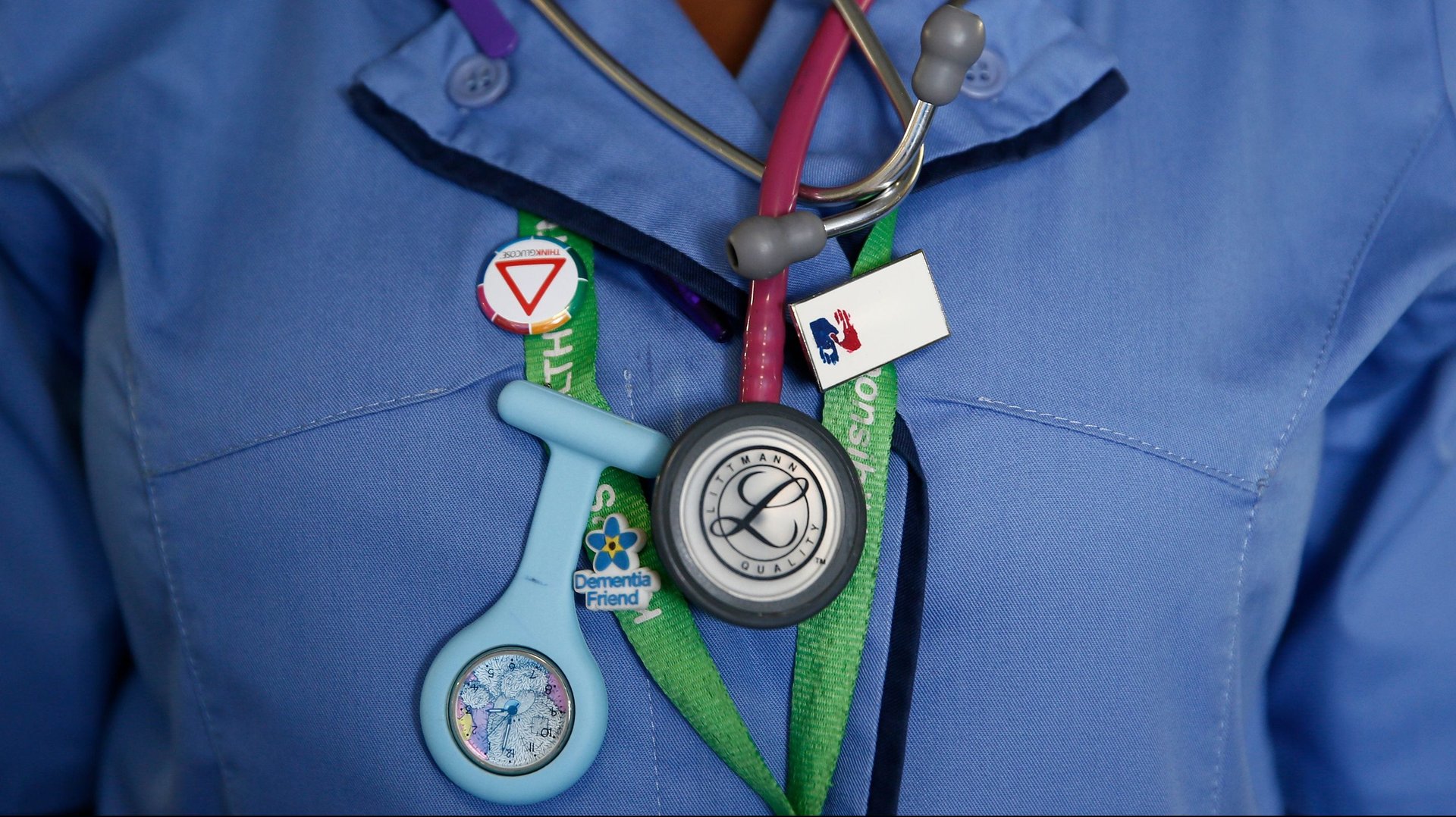Women in the UK are being refused IVF when they hit 34
Women who need IVF in order to conceive a child are being denied it from as young as 34 in some areas of the UK because of their age, even though government guidelines stipulate that it be available free up until the age of 42.


Women who need IVF in order to conceive a child are being denied it from as young as 34 in some areas of the UK because of their age, even though government guidelines stipulate that it be available free up until the age of 42.
In the UK, fertility treatments including IVF have been available since 2004 through the National Health Service (NHS), a tax-funded institution which ensures critical UK healthcare is free at the point of delivery. But the NHS is massively under-funded, meaning local authorities have had to decide which non life-saving treatments to cut.
Guidelines say that women under the age of 40 should be offered three complete cycles of IVF for free, with one cycle offered for women from 40 to 42. But some local authorities have stopped offering IVF completely and others have begun instituting an age cut-off for women. The practice, revealed by a BBC investigation, surprised many would-be mothers who didn’t realize there was any such rule until they went for treatment. Since the decisions vary geographically, they arbitrarily tie women’s fertility to where they live.
Women’s age at the birth of their first child has been gradually but steadily rising in the UK since the 1970s. In 2016 it was 28.8 years old, according to the most recent data available.
If the trend were to continue, a women’s average age at the birth of their first child would be 34 by 2040. The data also show that men’s average age is already 33.3 years. Of course, there are biological barriers to a women’s age at the birth of her first child continuing to rise—a fact of which women in their 30s are acutely aware.
Healthcare authorities are making a painful equation, balancing the cost of an IVF cycle against the likelihood of its success, and the needs of other patients. For women under 35, 29% of IVF treatments resulted in a live birth in 2014-16, according to the latest NHS data. That fell to 9% for women aged 40-42.
Parts of the UK began cutting IVF treatment last year. Now, seven of the 195 local areas have stopped offering IVF free at all, according to a BBC freedom of information request. A further 12 have instituted the age-34 cut-off, and 85 more bar free treatments to women over 39 years old.
For women, the early-to-mid-30s can be a complicated time, as they make headway in their careers while trying to balance the demands of home life. They also may not yet have found a partner with whom to have a child. Recent studies on women who froze their eggs for possible later use found that the vast majority did so because they didn’t have a partner.
People seeking IVF can still get it anywhere in the UK, but they will have to pay: the average cost is about £5,000 ($6,400) per cycle.